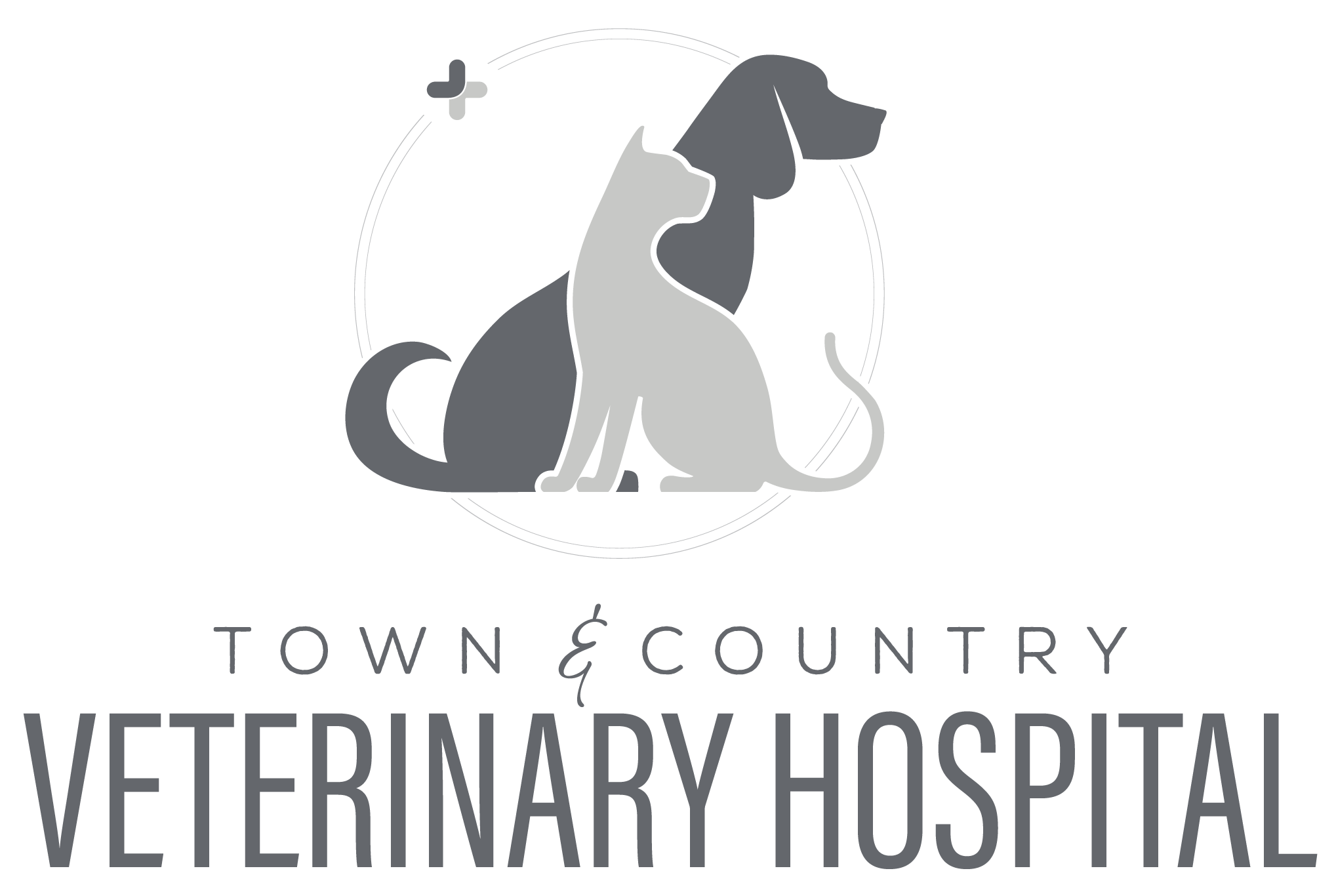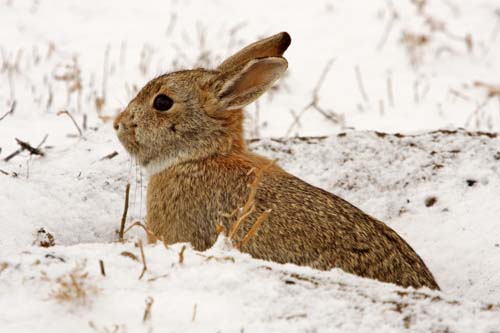Every spring our phones are ringing off the hook with panicked calls about what to do with the “abandoned” baby bunnies and fawns or the little birds that have fallen out of nests. We all want to save Bambi and Thumper but most of the time they do not need our help.
I am not saying that every situation needs to be ignored. There are times when Mother Nature could use a little assistance. You should call for help whenever you find an animal that is visibly injured or a baby animal with a deceased adult nearby.
Remember that most veterinary clinics are not equipped to care for wild animals but they should be able to direct you on how to reach a wild care treatment facility. Never touch an injured animal; you still need all of your fingers to call for help.
The biggest piece of advice I can offer to my clients is make sure the animal is in fact abandoned. Rabbits will nurse their young in the morning and evening and then leave for the remainder of the day to eat. If you are concerned that the mother is not returning to her young you can place two lightweight twigs or pieces of string in an X pattern on top of the nest and if they are disturbed overnight it is likely the mom is still around.
A doe will leave her fawn for most of the day as well, keep an eye out at dusk for the mom to return.
If you find a very young bird outside of a nest you can place it back inside, a mother bird will not reject the baby if she smells a human scent on it. If you are near a nest beware though, mom may be watching and see you as a threat and dive-bomb your head. Remember that it is normal for a fledgling to be outside a nest learning how to use its wings; interference from you may be hindering his learning.
If you see a nocturnal animal out during the day, stay as far away as possible. Bats, raccoons, skunks and opossums should only be out at night. They can carry rabies and need very special handling by people who have been vaccinated for the disease.

